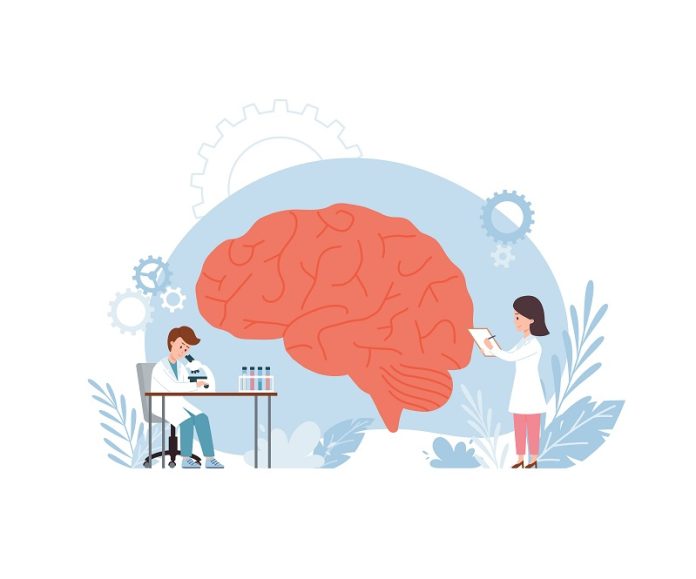
More than half of us carry the herpesvirus, which causes cold sores. Despite its ability to infect nerve cells, it rarely leads to serious brain infections.
Researchers from Aarhus University have discovered why this is the case.
A new study has identified a defense mechanism in the body that prevents the herpesvirus from causing brain inflammation, which is a serious and potentially fatal condition.
This brain inflammation only occurs in one out of 250,000 cases. The findings were recently published in the journal Nature.
“The study offers exciting insights because it helps us understand how the brain defends itself against viral infections,” says Professor Søren Riis Paludan from the Department of Biomedicine at Aarhus University. He is the last author of the study and a Lundbeck Foundation Professor and center director at the Excellence Centre CiViA.
The research reveals that a specific gene, TMEFF1, plays a crucial role in this defense. TMEFF1 produces a protein that prevents the herpesvirus from entering nerve cells, effectively keeping the virus out of the brain without causing harmful inflammation.
Years of experiments using genome-wide CRISPR screening technology and developing mice without the TMEFF1 gene confirmed its protective role.
The study also included an article about two patients with brain inflammation caused by herpesvirus, known as herpes encephalitis. Researchers discovered that these patients had a genetic defect that disabled the TMEFF1 gene.
“This study updates our basic understanding of immunity against viral infections,” explains Paludan. “It’s interesting for immunologists because it shows there are still many unknown immunological mechanisms in the brain. For neuroscientists, it highlights how the brain prevents harmful viruses from entering without damaging itself.”
Paludan hopes this study is the first step toward uncovering more brain defense mechanisms. Future research will investigate what this discovery means for diseases like Alzheimer’s.
Previous research has shown a link between herpesvirus infections and Alzheimer’s disease. “Our discovery of a new antiviral mechanism in the brain might help explain whether differences in this mechanism or similar ones can allow the virus to access the brain and speed up neurodegenerative processes,” says Paludan.
In summary, this groundbreaking study from Aarhus University has revealed a crucial gene that protects the brain from herpesvirus infections, offering new insights into how our bodies fight off infections and opening up potential new avenues for understanding and treating brain diseases.
If you care about brain health, please read studies about dietary strategies to ward off dementia ,and how omega-3 fatty acids fuel your mind.
For more health information, please see recent studies about Choline deficiency linked to Alzheimer’s disease, and what to eat (and avoid) for dementia prevention.



